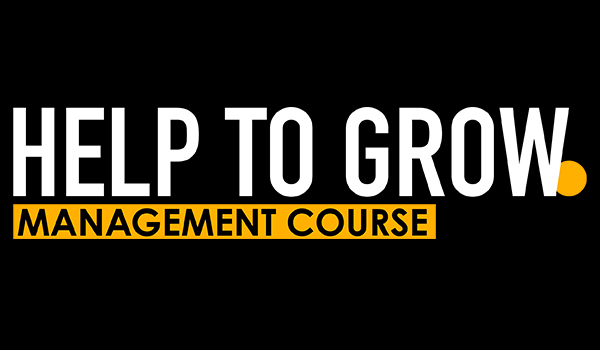About the Help to Grow: Management Course
Take your business to the next level with Help to Grow
Join other senior leaders taking part in a practical management training course delivered by Lancaster University Management School and other world-class business schools accredited by the Small Business Charter. Develop your strategic leadership skills and boost your business's long-term growth.
Designed to be manageable alongside full-time work, this course will support you in developing your strategic skills with key modules covering financial management, innovation and digital adoption. By the end of the course, you will develop a tailored business growth plan to lead your business to its full potential.
Start dates
Date of next course: 9th October 2025
Course details and timetables




